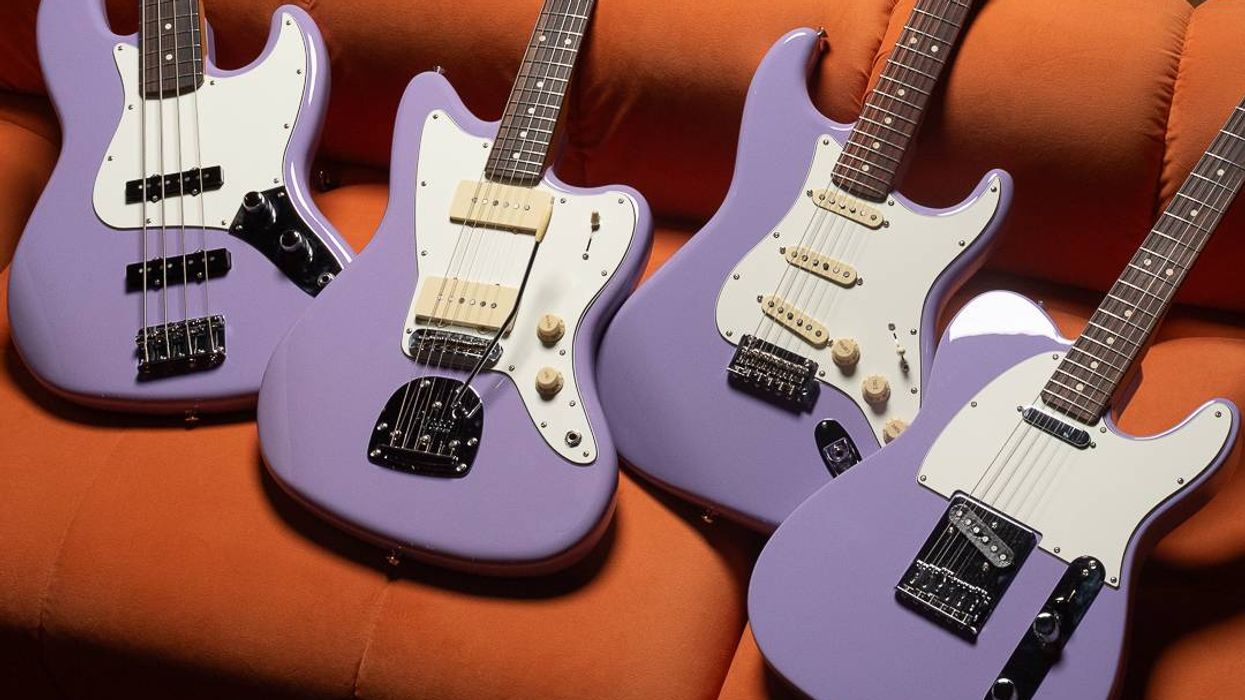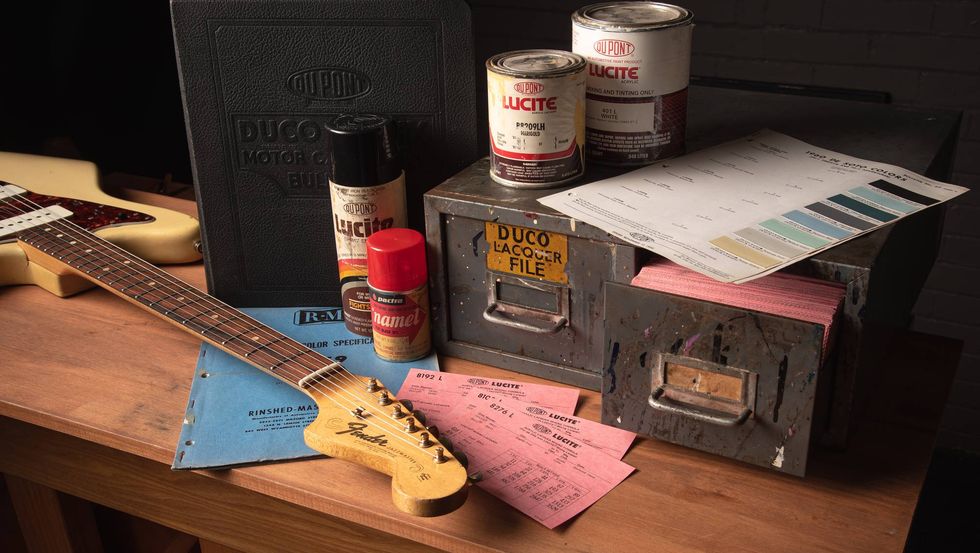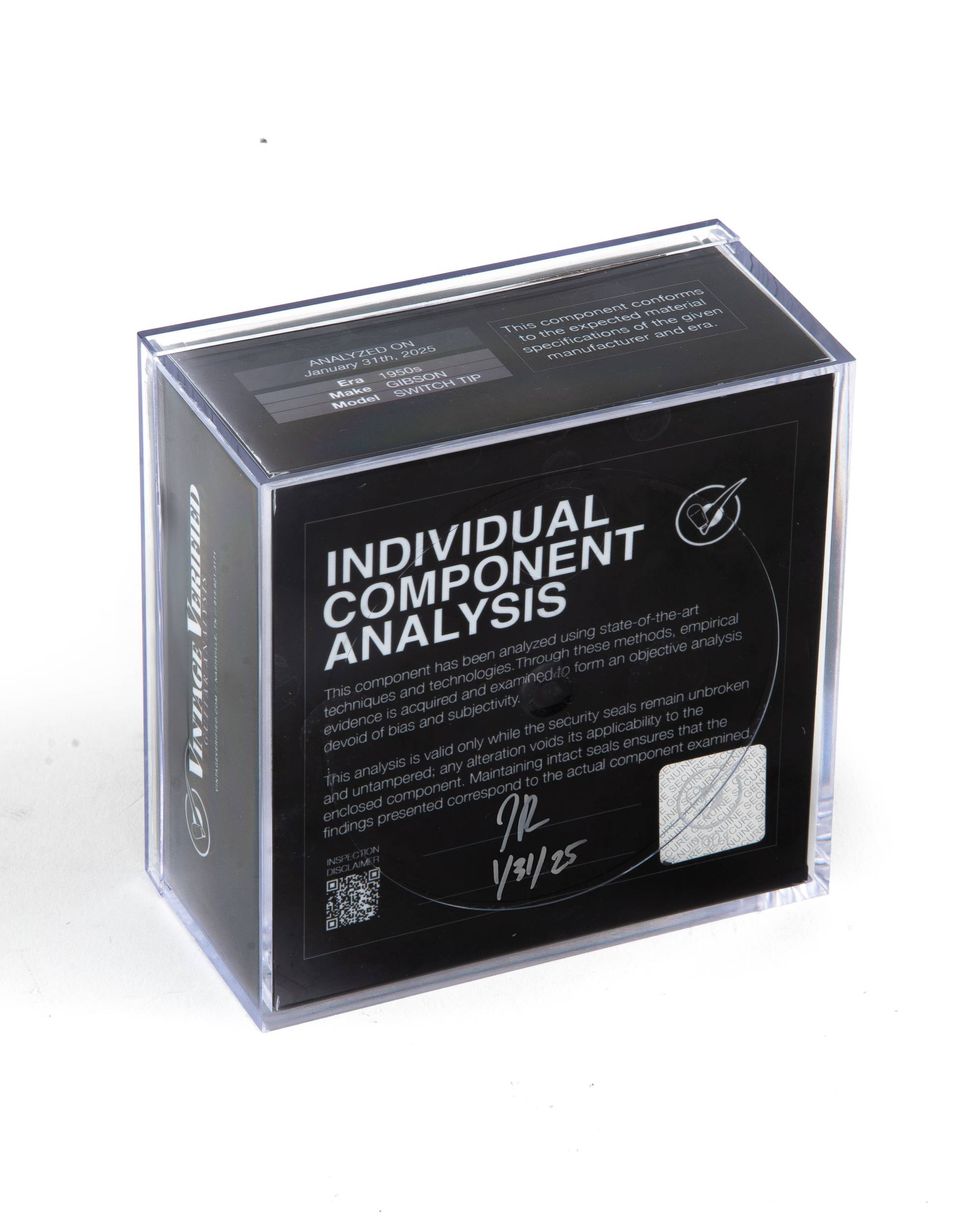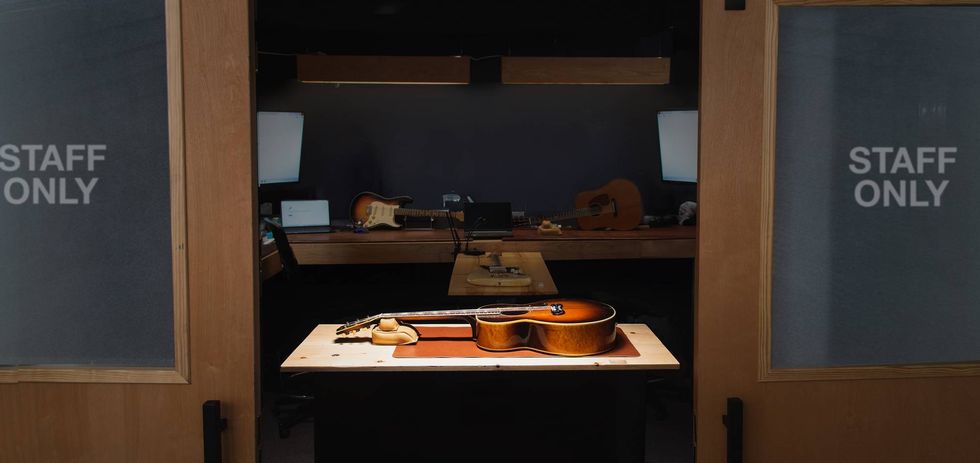A wizened old auto mechanic once told me, “If it ain’t broke, don’t fix it.” Your amp probably sounded great when it was new. Over the years the tone subtly changed as the tubes began to sag, the caps began to soften, and the speakers began to loosen up. By the time you got it, the amp was pretty well broken in. As a gigging player, suddenly this old amp is doing its duty for six hours a day, four days a week or more, and some parts start to fail. Perhaps the biggest tone-affecting component to fail is the speaker. Why does this happen and how do you decide whether to recone or buy a new speaker?
Over the life of a speaker, the paper cone, surround, and spider slowly soften. This process is what leads a speaker to become “broken-in.” While this phenomenon (characterized by enhanced lows and softened highs) is generally deemed desirable, it can ultimately lead to tears in the surround or cone, causing a structural failure that affects alignment of the voice coil. Heat can also distort the cylindrical voice coil, causing it to rub against one side of the slotted gap in the magnet. The wire encircling the voice coil can break or short out, creating a technical condition known as “silence.” In other words, it is broken, blown, smoked, and fried. The question is: do you fix it or replace it?
For gigging or extremely active guitar players, reconing might not be the best solution. The big three speaker makers, Jensen, Celestion and Eminence, all agree that blown speakers are best replaced. Generally speaking, new speakers work better and last longer than old ones, and you’ll never get a reconed speaker to sound exactly like the original did.
While you’re wiping up the coffee you just sprayed across these pages, consider this: assuming you could find a reconing professional who happens to have original NOS cones and spiders for your speakers, how could it ever sound like the original? NOS cones that have been sitting on a shelf for twenty years won’t sound like the new ones did twenty years ago. At best you’ll have a twenty-year-old new cone with an old magnet. It’s not going to sound like the well broken-in speaker you had just before it blew—or like it did when it came out of the box. Not to take anything away from the skilled craftsmen, but the likelihood is that your speaker will be reconed using aftermarket parts or “from scratch,” and results can vary greatly. There are cases when reconing speakers makes perfect sense. From a pure cost standpoint, reconing is sometimes less expensive than replacing. Older vintage amps whose value is tied more to their rarity and originality than their usability may benefit from speaker reconing. Like classic cars, original parts and stock appearance help these classic amps retain their value. Additionally, if the speakers you have are an unusual size, discontinued, or of a character that can’t be approximated with a current product, reconing might be your only alternative. As with all vintage electronics, a working unit with some updated parts is more valuable than a broken unit that is all original, so you do what you have to.
The decision on whether to recone your speakers or replace them depends on the specifics of your amp and what you intend to do with it. An amp sitting in your closet will sound just as good with a blown speaker in it. I use my amps and speakers as tools, and as a guitar player and muscle car collector, I appreciate new tools that work well. I might pull out the old black monkey wrench to show you an example of 1860s state of the art, but when I’m tightening a wheel bearing, I reach for a shiny new Snap-On. So, my opinion is that if you’re going to use an amp, buying a new speaker is better than reconing an old one.
Ed Hoffman
Ed holds a degree in Sound Engineering and has played guitar and trumpet for over thirty years. He is also the North American Manufacturer’s Rep for Jensen Musical Instrument Speakers and CE Distribution – jensentone.com







![Rig Rundown: John 5 [2026]](https://www.premierguitar.com/media-library/youtube.jpg?id=62681883&width=1245&height=700&quality=70&coordinates=0%2C45%2C0%2C45)

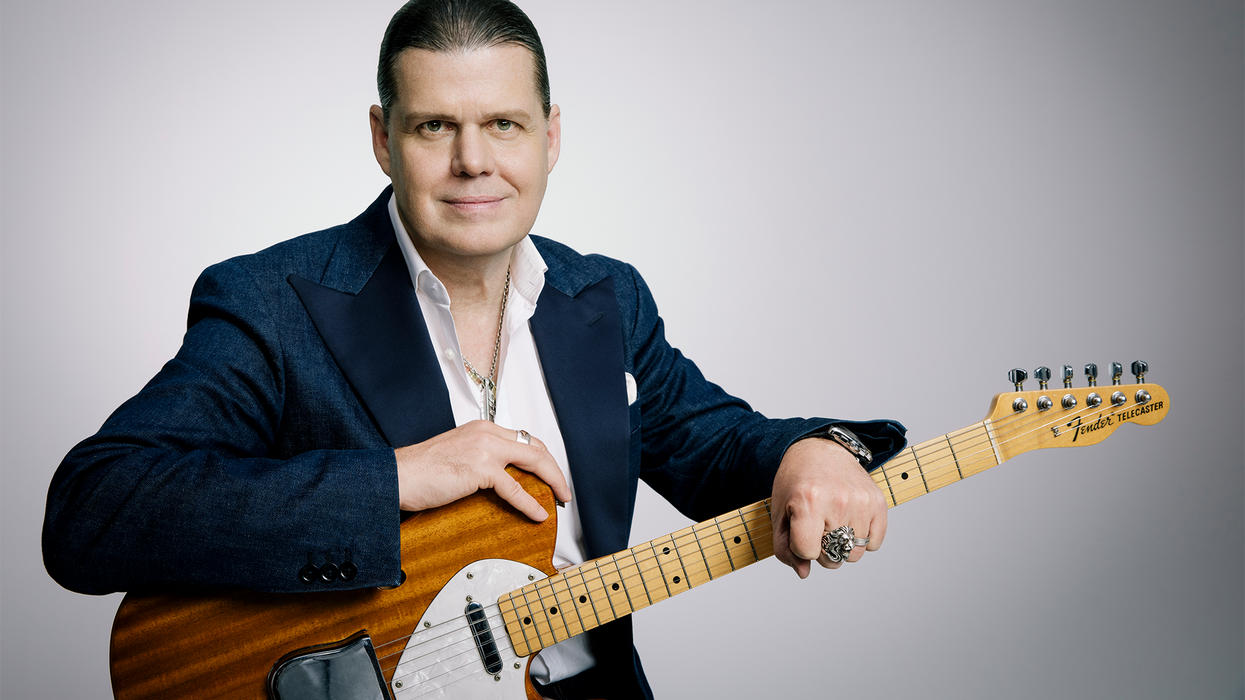
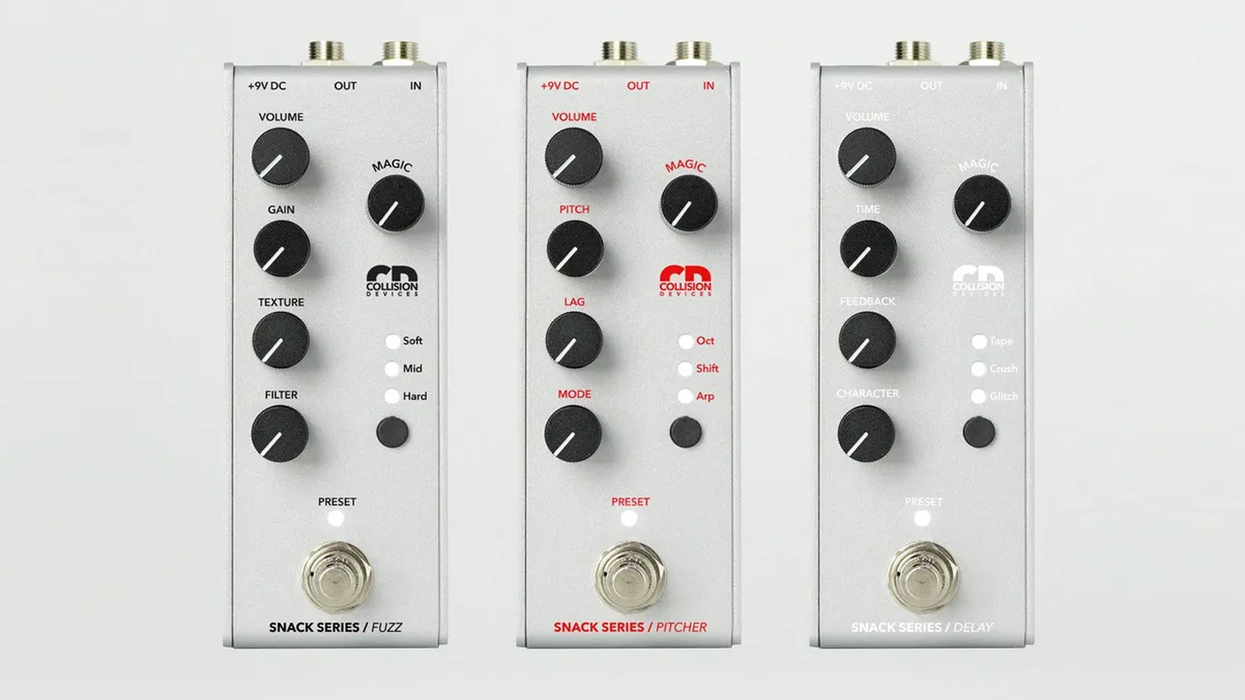
![Rig Rundown: Russian Circles’ Mike Sullivan [2025]](https://www.premierguitar.com/media-library/youtube.jpg?id=62303631&width=1245&height=700&quality=70&coordinates=0%2C0%2C0%2C0)
